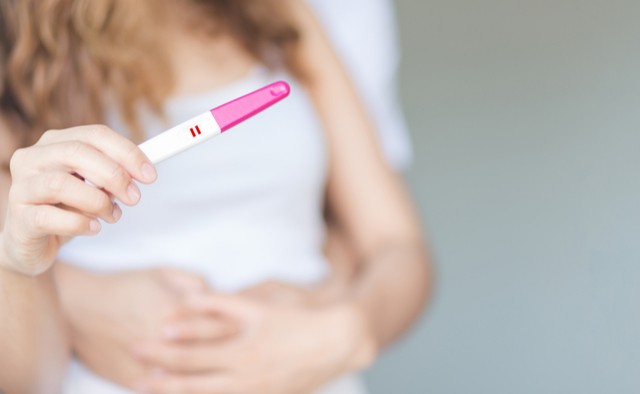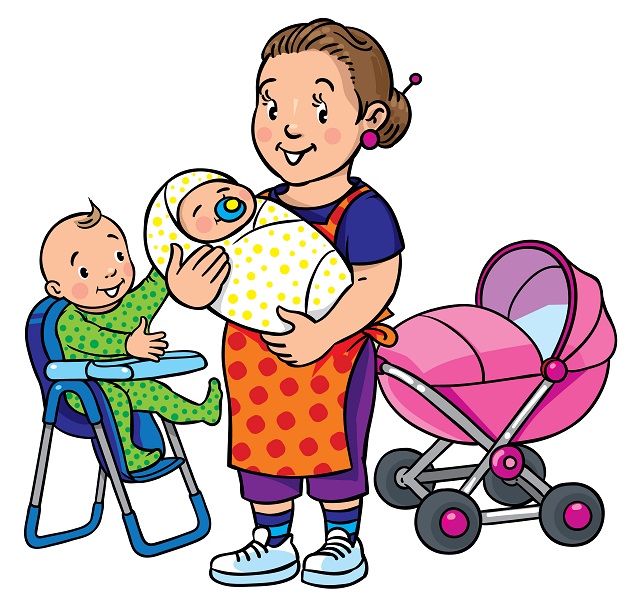Conceiving after a miscarriage
A miscarriage is no doubt a distressing and emotionally painful experience, but take heart, because most miscarriages are often one-off incidents, and less than 1 percent of women are likely to have a second miscarriage.
Are you physically or emotionally ready?
Physically - You should see your gynae to ensure that you are physically well and ready to conceive again. Depending on the type of miscarriage, your doctor may advise you to wait for medical reasons.
Emotionally – After a miscarriage, women experience different types of emotion ranging from grief to even guilt. The time for one couple to recover emotionally may be different from another couple, so don’t feel pressured to conceive again before you and your partner are ready for it. Be it 3 months, 6 months, or even a year, take the time that you need to recover from the loss of your baby.
During your grieving period, you may agonise over possible reasons why the miscarriage happened – Did I smoke too much in the past? Or was it the excessive drinking? Or am I just infertile? However, in many cases, especially with early miscarriages, the exact cause is hard to pinpoint.
Elizabeth Nowacki, D.O., an OB/GYN at St. Vincent Fishers Hospital in Indiana says that "You have two sets of genetic material coming together that have to divide, and sometimes things go wrong. The simplest way to think about it is that [miscarriage] is sort of nature's way of making sure that a human being is compatible with life."
The best thing to do is to focus on the present and to address the known risk factors associated with miscarriage.
Stop smoking and any consumption of drugs, reduce your caffeine intake, and eat a balanced diet rich in fruits, vegetables and wholegrains. Ensure that your diet is rich in nutrients for fertility, such as zinc, folic acid, Vitamin D, E and B12.
Your Menstrual Cycle
How soon you should conceive after having a miscarriage depends on one crucial factor – your ovulation time. Each woman’s ovulation period varies, so some women may be able to conceive immediately after a miscarriage, while some may take longer.
In most cases, it takes less than 3 months for a woman to return to her normal menstrual cycle after a miscarriage. It is worth noting that if you had a miscarriage during your second or third trimester, it is likely that you will take a longer time to ovulate again.
However, this is only a general guideline. Each body is different and your body may take a shorter or longer time to return to your normal menstrual cycle.
Some women may believe that it’s not safe to conceive again right after having a miscarriage, but take heart that these are but myths. As long as you are physically and emotionally ready, there is nothing stopping you from conceiving again and having a successful pregnancy.
Ovulation Test
To begin preparing for conception again, it is best to track your ovulation with an ovulation predictor kit. An ovulation predictor tests for the presence of luteinizing hormone (LH) in your urine. About 12 to 36 hours before ovulation, there is a surge in LH levels. LH sends a signal to your ovaries to release an egg. When test result is positive, it is likely that ovulation is going to take place.
The length of the LH surge can be different for every women. Some LH surges last for a few days while some last only hours, so it’s best to test twice a day – once in the morning and once in the afternoon.
However, do not always wait for a positive ovulation test to have sexual intercourse. You could be most fertile on days even before your ovulation test turns positive. You should also track your ovulation with cervical mucus.
Before ovulation, most women excrete small amounts of cervical mucus that are wet and slightly tacky (like the texture of a raw egg white). As you approach ovulation, estrogen levels in your body surge, causing your cervix to produce more cervical mucus. By noticing when your body is producing vaginal discharge, you can identify your most fertile days.
With that, we wish you all the best in your pregnancy journey!
Sources:
Danielsson, K. (2008, November 18). When Can You Get Pregnant After a Miscarriage? Retrieved from https://www.verywellfamily.com/how-soon-can-i-get-pregnant-after-a-miscarriage-2371517









